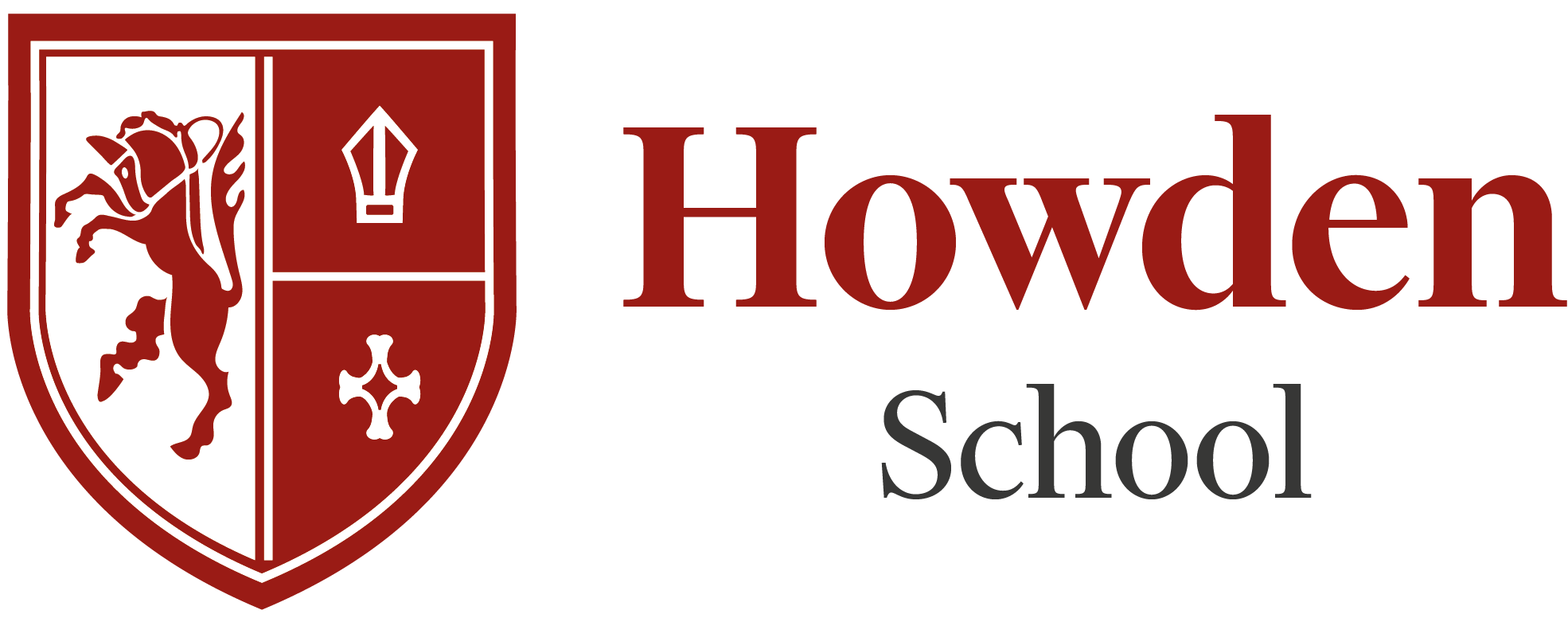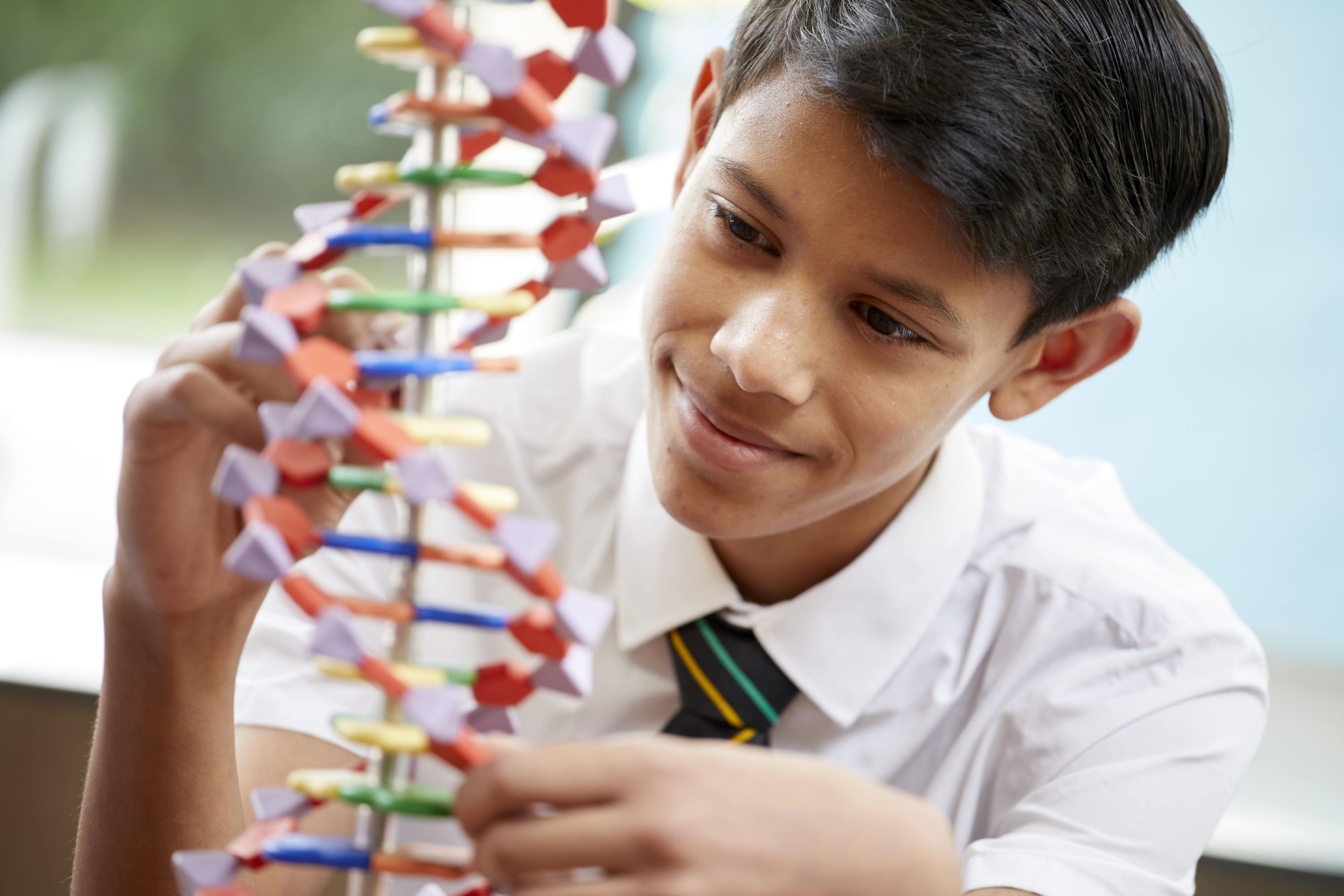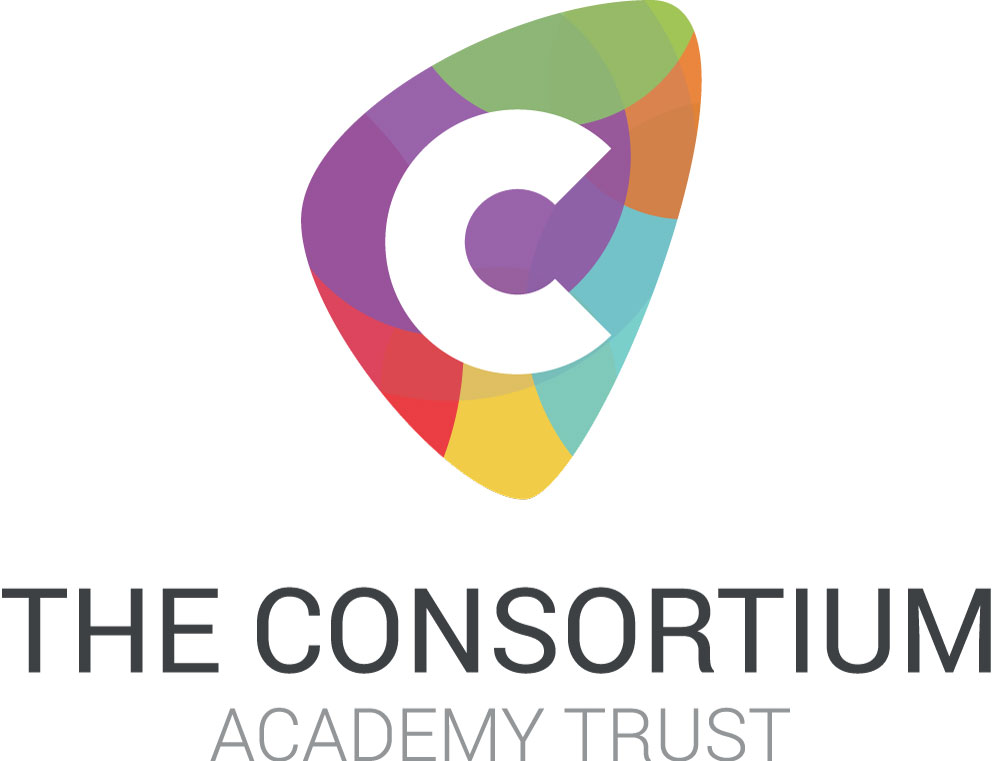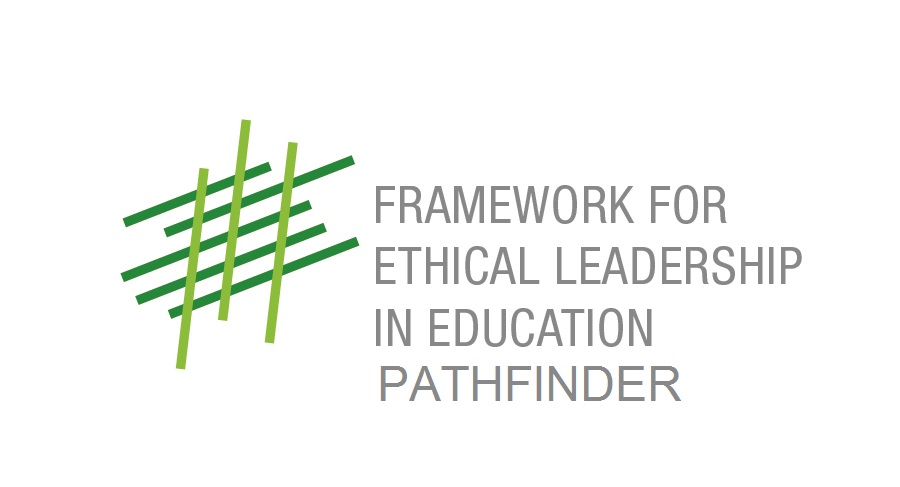Computing and ICT
'We live in an ever-changing digital world in which both Computer Science and ICT are fast becoming the norm in many aspects of our lives. The digital age has vastly transformed the way we communicate, access information and learn. At Howden School we firmly believe we need to teach students the necessary skills to not only make the best use of the digital age but to feel confident in doing so for their future life after school. It is our aim as part of our curriculum at Howden School to develop each student’s confidence and competence with a computer. To achieve this, we place great emphasis on a student’s ability to problem solve; developing this in each of our lessons to ensure students are comfortable when choosing their GCSE options.'
Mr. L. Marshall, Head of Computing and ICT



